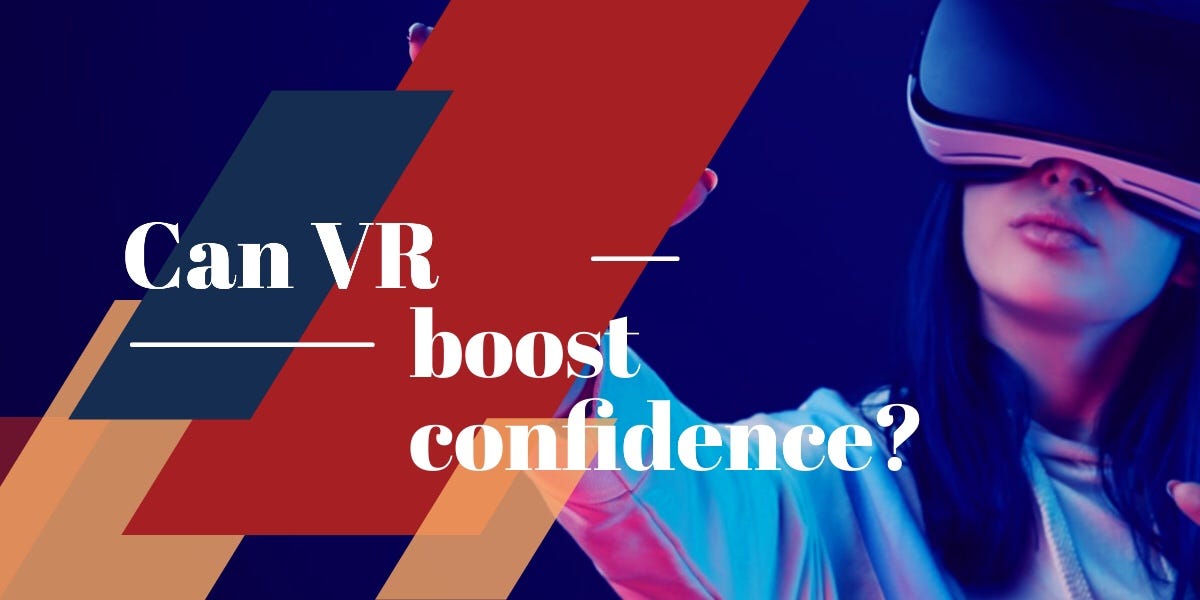For years, language immersion was synonymous with traveling abroad, living in a foreign country, soaking in the culture, and conversing daily with native speakers. But thanks to immersive learning technologies, fluency no longer requires a plane ticket.
According to Statista, the global e-learning market is projected to surpass $475 billion by 2030. With the rapid evolution of virtual reality (VR), artificial intelligence (AI), and interactive platforms, students can now experience real-world communication environments without ever leaving home.
.jpeg)
Immersive learning uses digital environments that replicate real-life situations. Instead of memorizing grammar rules or vocabulary lists, learners interact naturally in contexts — ordering coffee in a virtual café, negotiating a business deal, or chatting with AI-driven avatars. This "learning by doing" approach enhances retention, confidence, and pronunciation.

Studies show that the human brain acquires language faster through contextual experiences than through passive memorization. Immersive environments activate multiple cognitive regions, mimicking the conditions of living abroad. Learners not only memorize phrases but also develop intuition for tone, emotion, and rhythm.

Speaking a new language can be intimidating. Virtual settings offer a safe space to make mistakes without judgment. Whether using a VR headset or an interactive video session, students can role-play real-world interactions repeatedly until they feel fluent and natural. This repetitive exposure reduces anxiety and accelerates speech fluency.

Artificial Intelligence has transformed how feedback is delivered. Modern platforms analyze speech patterns, pronunciation, and grammar in real time. AI tutors adapt to each learner's progress, personalizing lessons and correcting errors instantly. This individual attention — once possible only with private tutors — is now accessible to anyone with an internet connection.
Several edtech companies are pioneering immersive learning experiences:

Immersive learning breaks the limits of geography. It empowers learners to gain fluency through experience, not exposure. No passport. No plane ticket. Just curiosity and a willingness to engage.
As technology continues to evolve, the line between "learning" and "living" a language is fading. Tomorrow's fluency will come not from where you are, but from how deeply you immerse yourself in digital experience.
If you're ready to learn languages the smart way, platforms like UpUpSkills are redefining how people connect and learn globally. With expert tutors, interactive tools, and immersive environments, you can become fluent faster, without ever packing a suitcase.